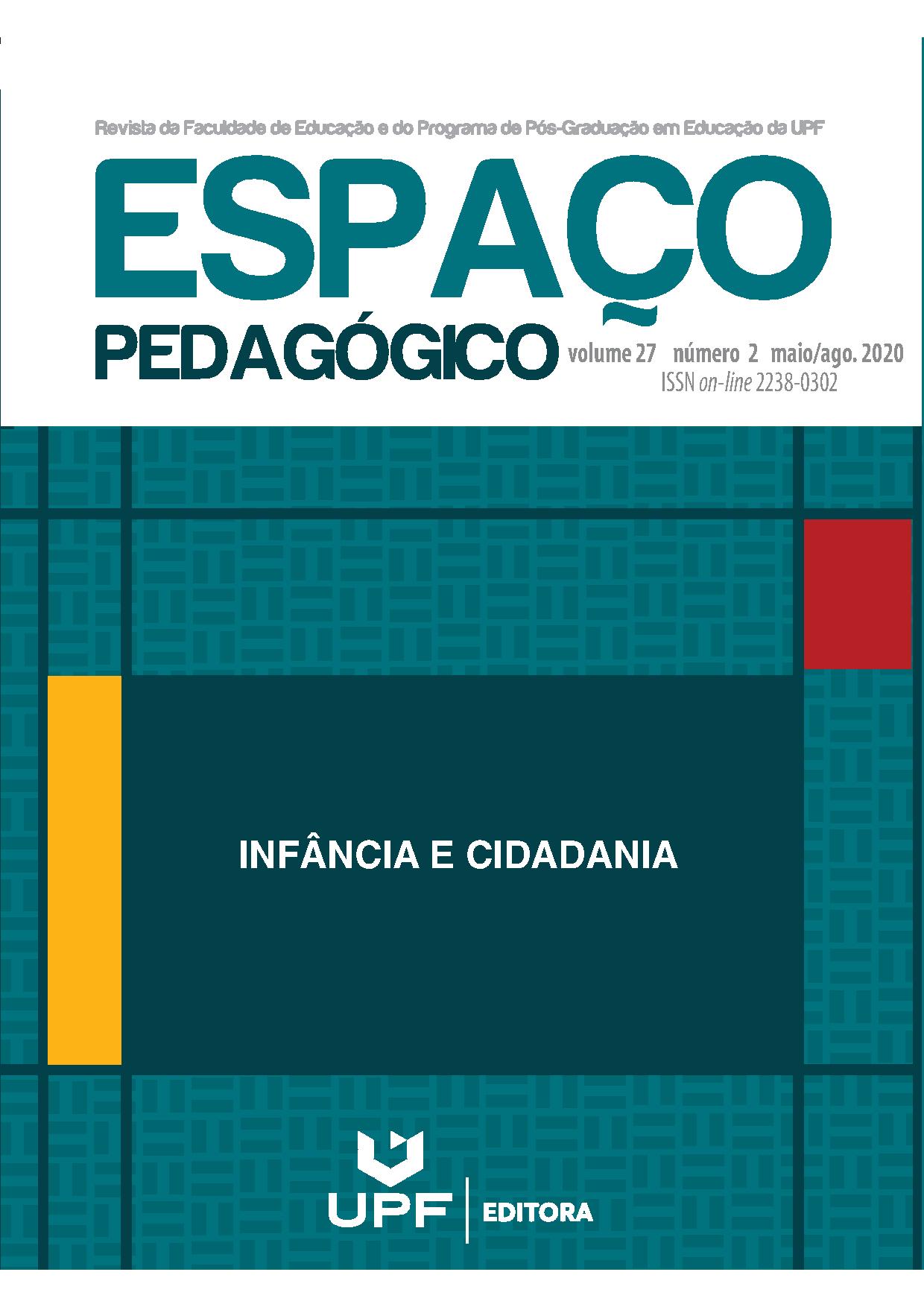Art and education in rural schools: from the recognition of traditions to the critical re-reading of the world
DOI:
https://doi.org/10.5335/rep.v27i2.11443Keywords:
Rural education. Art-education. Social transformationAbstract
In this work, we discuss about the rural education projects built in an articulation with the social movements, associated with the critical formation of the students. It is an education that has the socio-historical and cultural reality of the rural people as a starting point in the process of knowledge production and in the critical understanding of reality, associated to the unveiling of the political and cultural relations of domination historically stablished in this territory. From the studies of Freire (1985, 2005), Boal (2005), Barbosa (2002) and Duarte Jr. (1981), we highlight the contributions of art-education in the construction of emancipatory educational practices that favor, on one hand, the immersion of young people in the universe of culture and local traditions, reaffirming identities and belongings, and on the other, a critical re-reading of the world, highlighting the potential of experiences and knowledge produced by different social groups, as well as the social contradictions and injustices that historically permeate in this region.



